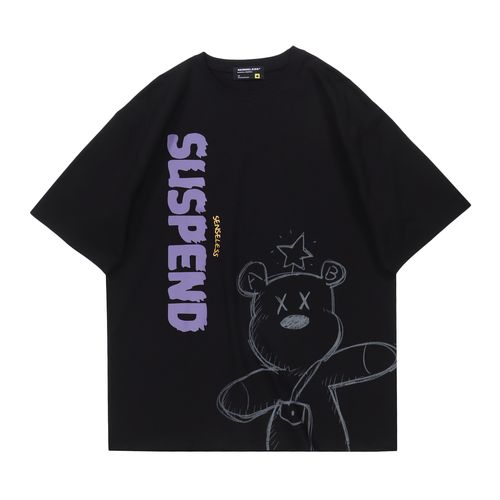The production process of fabric is a complex and delicate process, involving multiple links such as weaving, dyeing and printing. Handmade fabrics have unique charm in terms of technical and artistic value. The following is the revelation of the hand-made process of fabrics and their artistic value:
1. Textile technology:
Textile is the process of turning yarn or The process of interweaving fibers together to form fabric. In handcrafting, weavers use looms or hand-weaving tools to pass yarn through horizontal threads to create different patterns and textural effects. The craft of hand weaving requires a high degree of skill and patience, with each weaver defining the design through their own manual adjustments.
2. Dyeing process:
Dyeing is the process of adding color to fabrics. Hand dyeing often uses natural dyes such as plant, insect or animal extracts. These natural dyes give fabrics rich and unique colors while also protecting the environment. Hand dyeing allows artisans to control the depth and uniformity of color by adjusting dye concentration and time to create unique color effects.
3. Printing process:
Printing is the process of applying pigments or dyes to fabrics to form patterns or textures. Hand printing is a precise craft in which hand printers apply, brush or pour pigments or dyes directly onto the fabric using their hands or special tools. This hand-printing process allows the creation of intricate patterns and textures, and each piece of hand-printed fabric is unique and of high artistic value.
The artistic value of handmade fabrics is reflected in the following aspects:
1 。 UNIQUENESS: Every meter of handcrafted fabric has its own unique texture, pattern and color. Compared with machine-produced fabrics, they have more personality and unique artistic expression.
2. Protection of traditional skills: The craftsmanship of hand-made fabrics needs to be passed down from generation to generation, carrying rich human wisdom and cultural traditions. By inheriting and protecting these traditional skills, we can preserve the treasures of history and culture.
3. Sustainability: Handmade fabrics usually use natural raw materials and dyes to avoid excessive damage to the environment. This sustainable production method meets the requirements of modern society for environmental protection and sustainable development.
4. Attention to details: Every step of hand-made fabrics requires the craftsman’s care and patience. They pay attention to every detail and strive to achieve perfect results. This attention to detail gives the fabrics a higher quality and value.
In summary, the craftsmanship and artistic value of handmade fabrics lie in their uniqueness, preservation of traditional skills, sustainability and attention to detail. Every piece of handmade fabric is a work of art embodying the wisdom and creativity of the craftsman.






